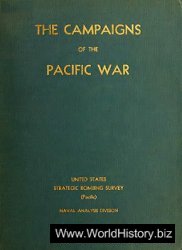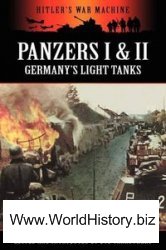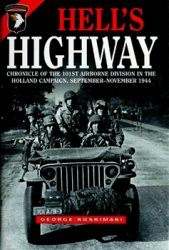The Iran-contra affair occurred in 1986. In an attempt to evade congressional authority and aid anticommunist forces in Central America, and to gain the release of Americans held hostage in Lebanon, Ronald W. Reagan’s administration employed illegal means to achieve its foreign policy goals. The ensuing scandal resulted in 14 indictments and 11 convictions, and made marine Lieutenant Colonel Oliver L. North a national personality.
Upon entering office in 1981, Reagan authorized the CIA to form a paramilitary force to harass the marxist San-dinista regime in Nicaragua. This force became known as the contras. In the next three years more than $100 million in aid was funneled to the contras. When, in April 1984, it was revealed that the CIA had arranged to mine the harbors of Nicaragua, Congress reacted unfavorably. Responding to allegations of human rights violations and drug trafficking by the contras, Congress revoked military aid. Moreover, vocal public opposition to aiding the contras in any way developed across the country and in the universities. The Boland Amendment, named for the chairman of the House Intelligence Committee, Edward Boland, banned all aid to the contras by the CIA, the Pentagon, or any other intelligence agency.
In an attempt to keep the operation running, despite the congressional directive, Oliver North, a White House aide, began recruiting agents to help the contras, in direct violation of the Boland amendment. Saudi Arabia pledged a total of $32 million, Taiwan pledged $2 million, and this money was used to pay for arms shipments from China, Poland, and other countries. North arranged these shipments and provided intelligence information and military advice to the contras.
Iran, a terrorist state, according to United States policy at the time, had been under an arms embargo since the Iranian hostage crisis in 1979. Also, it was believed that Iran controlled terrorist groups in Lebanon that were holding American citizens hostage. Officially, the United States would not negotiate with terrorists, but as time passed and pressure increased to bring the hostages home, Reagan looked for means of gaining their release. One possible way was presented by Israel in 1985. The Israelis wanted to sell American-made weapons to Iran for use against Iraq. Reagan approved the transfer, and North accordingly sold antitank missiles to Iran with the promise that hostages would be released. One American hostage, Reverend Benjamin Weir, held in Lebanon, was released. In November 1985 a shipment of antiaircraft missiles was destined for Iran, but the deal went awry, and the CIA stepped in and delivered 18 missiles. Reagan later claimed that he did not approve the CIA activity, and Congress had not been informed of the Israeli shipments of U. S.-made weapons to Iran. In January 1986 Manucher Ghorbanifur, an Iranian exile, proposed financing the contras with profits from these Iranian arms sales. Admiral John Poindexter, the White House national security adviser, approved the plan, but later testified that he did not inform Reagan.
In April 1986 supplies financed by the arms sales were airdropped to the contras. Over the next six months, two more hostages were released—Reverend Lawrence Jenco and David Jacobsen. By October the arrangement began to unravel. First the Sandinistas in Nicaragua shot down a supply plane and captured Eugene Hasenfus, an American who claimed to be working under orders of the CIA.
In November, a Lebanese newspaper reported on the U. S. arms sales to Iran. This revelation led to the resignations of Poindexter and North. As a response to the public and congressional outcry, the administration launched the Tower Commission. At the same time, Congress began hearings and subpoenaed Oliver North to testify. North came before the televised hearings dressed in full uniform. To the surprise of many, given the illegal and unconstitutional involvement in the affair, the general public responded positively to North, and Congress was flooded with letters and telegrams in his support. At the same time, independent counsel Lawrence E. Walsh was appointed. The Tower Commission reported in February 1987 that Reagan had not properly supervised his aides and blamed the chief of staff, Donald Regan, for the chaos in the executive branch. Lawrence Walsh’s investigation led to the indictment of 14 individuals, of which 11 were convicted. Later two of these convictions, including North’s, were overturned on appeal.
The Iran-contra affair provoked a constitutional crisis, and a number of newspaper editorials across the country called for the impeachment of Ronald W. Reagan. Ironically, Congress began supporting the contras again and in 1990 the Sandinistas were defeated in popular elections. The lasting legacy of Iran-contra is the perilous topic of whether or not a democracy should conduct diplomacy in secret.
Further reading: Theodore Draper, A Very Thin Line: The Iran Contra Affairs (New York: Hill & Wang, 1991).
—John Korasick




 World History
World History









